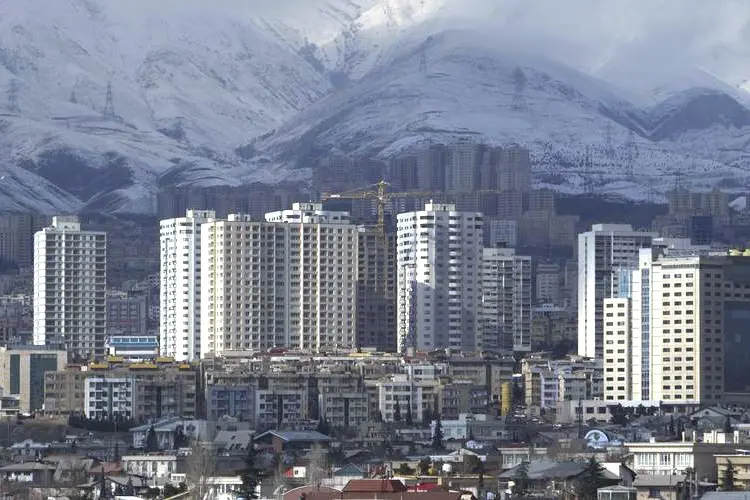PHOTO
The IMF, in a statement published on its website, announced that higher oil production and exports would be particularly instrumental in boosting Iran’s economic growth that was in recession last year.
“Higher oil production and exports, after implementation of the Joint Comprehensive Plan of Action (JCPOA) should allow real GDP growth to rebound to 6.6 percent in 2016/17,” the fund added in its statement.
“Growth is projected to ease to 3.5 percent in 2017/18 as oil production normalizes and non-oil sector growth remains modest.”
On Saturday, Iran’s Finance Minister Ali Tayyebniya said Iran’s average economic growth for the current calendar year had already exceeded expectations and reached above five percent.
Tayyebniya added that Iran’s growth had been specifically significant in sectors such as industries and agriculture.
Other official figures show that the country’s growth stood at around one percent during the last Persian calendar year (March 2015/16).
The IMF further emphasized that it expects Iran’s average inflation to stand at above nine percent for the current Iranian calendar year that ends in March 2017.
“The prudent policies implemented in recent years should allow inflation to average about nine percent in 2016/17 before temporarily rising to just over 11 percent in 2017/18 due to the pass-through from recent exchange rate depreciation,” the fund announced in its statement released at the end of an annual evaluation of the Iranian economy.
The IMF statement further added that Iran still needed to struggle to create the conditions for a sustained growth.
“The challenge now is to create the conditions for sustained macroeconomic stability and growth,” the fund added.
“Comprehensive and coordinated reforms that seek to defend low and stable inflation, restructure and recapitalize banks, cast fiscal policy in a medium-term framework to support reforms, and prioritize legal and regulatory changes that facilitate investment, aid job creation, and improve governance would achieve these goals.”
“The government should sharply reduce its directed credit schemes and adjust regulated prices to curb liquidity pressures” the IMF said, noting that “banks are in urgent need of restructuring and recapitalization to safeguard financial stability and reduce high lending rates”.
“Fiscal policy has to adapt to the spending pressures while finding space to support growth. Public debt is set to rise on the back of the new debt to clear government liabilities and recapitalize banks. A medium-term fiscal framework that targets a gradual adjustment in the non-oil fiscal deficit can address the substantial spending pressures while keeping debt sustainable. Measures that mobilize domestic revenue and improve expenditure composition would ensure the adjustment is growth-friendly and protects the poor,” the fund pointed out.
© Iran Daily 2016





















